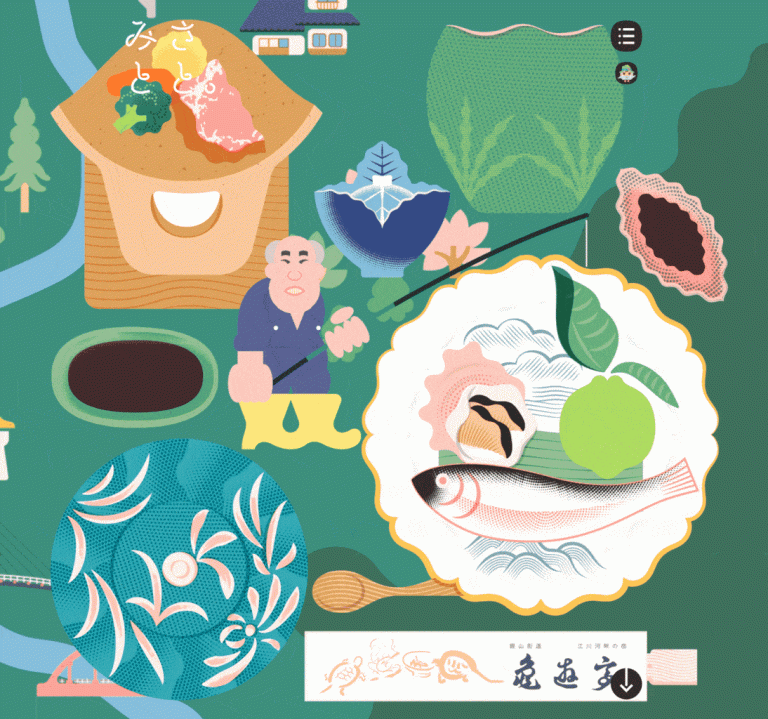
For many of the people caught up in an online romance scam, it starts something like this: You’re scrolling through a platform like Instagram, and you get a message from an attractive stranger. They say they’re in the military and are stationed abroad and it’s hard for them to travel due to the pandemic. Still, they think you’re cute, and you two hit it off in your direct messages. After all, the two of you have so much in common.
A few months and hundreds of messages later, they say they need thousands of dollars to help their daughter, who is having some kind of emergency. You quickly send the money — and you never get it back.
These kinds of tragic romance scams have been around for a while, but the Covid-19 pandemic has intensified loneliness and isolation for many people, and that’s making it easier for fraudsters to impersonate romantic interests — and steal money. In 2020, the amount of money people in the US lost to romance scams, which usually start online, surged 50 percent from the year before, jumping from just over $200 million in 2019 to more than $300 million, according to the Federal Trade Commission. While people 40 to 69 were the most likely to say they’ve lost money to these scams, reports of these scams are up across all age groups, according to the agency.
With Valentine’s Day coming up, authorities are warning people to stay on high alert.
These scams can target people all over the internet, including on Facebook, Instagram, and even LinkedIn, as well as more traditional dating sites and apps like Match.com and Tinder. Often, a scammer who reaches out — many use stolen photos — will pretend to have a faraway job, like being in the military or working on an oil rig. On top of that, the pandemic has given scammers more excuses for not meeting in person. They might say in-person dates can’t happen due to social distancing requirements or travel restrictions.
“There’s always a reason that they can’t meet in person. That’s one big red flag,” Emma Fletcher, a program analyst at the FTC’s bureau of consumer protection, told Recode. “Then eventually, of course, they always ask for money, right? There’s always a creative story for why.”
The consequences for people who are tricked by these ruses can be enormous: One Pennsylvania woman who recently fell for such a scam lost about $620,000. “They’re financially harmed, sometimes to the point of total financial collapse,” Fletcher said. “Then they’re absolutely devastated to realize it was all an illusion. And then there’s the humiliation and embarrassment that this could happen to them.”
The people these scammers are exploiting are vulnerable in multiple ways. “They can’t socialize to get out there like they used to with their friends, and they start to look for friendships online. And that’s what these scammers are taking complete advantage of,” Kathy Waters, who founded a group called Advocating Against Romance Scammers, told Recode.
“When you realize that you’ve not only lost this person, but you’ve lost every dime that you’ve saved to put forth for this new relationship, it can be pretty damning in not wanting to tell your family and feeling alone,” she said, adding that people who are targeted by these scams face not only financial repercussions but also psychological harm.
Importantly, people who are scammed aren’t the only people who get hurt. Tom Ernsting, a model with more than 150,000 followers on Instagram, is one of many people whose images have been stolen for use in romance scams. He regularly hears from people, usually women, who believe he’s the guy they’ve been falling in love with on the internet.
“During Covid, it’s definitely picked up because of more isolation,” Ernsting told Recode. ”But they’re just desperate for love and to get attention from somebody. And these guys are good. I mean, they copied my picture into their driver’s licenses, into passports. And [people] fall for it.” He said some of the stories he hears are heartbreaking.
Waters, of Advocating Against Romance Scammers, told Recode that she’s met with Facebook and says they need to boost their reporting and warning resources for users who are susceptible to these kinds of scams. She’s also been talking to members of Congress about making changes to Section 230 of the Communications Decency Act that would give the FTC some authority to review a platform’s enforcement against fake online profiles.
In the meantime, experts told Recode there are basic steps you can take to avoid falling for a romance scam, or to help protect your loved ones from such schemes. The FTC has published a list of lies scammers often tell those they target. At the same time, doing a reverse image search — which allows you to search the web based on a photo rather than on a keyword — can help you find out whether an image has been used across the web. Importantly, you should never ignore inconsistencies in stories strangers tell you in an online chat.
And, of course, don’t wire money to online romantic interests or send gift cards. The FTC warns: “You won’t get it back.”
Open Sourced is made possible by Omidyar Network. All Open Sourced content is editorially independent and produced by our journalists.






